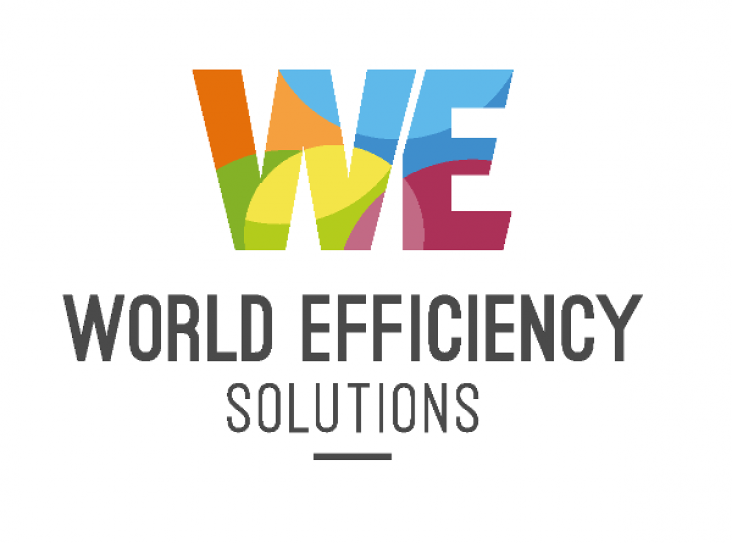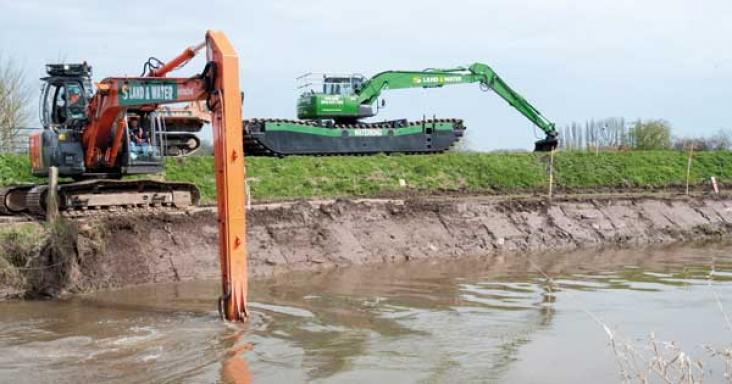
World Efficiency Solutions (WES) is the premier international meeting for the low-carbon and resource-efficient economy focussed on creating the low-carbon and resource-efficient market place. WES was first held in 2015 in Paris during COP21 negotiations, focusing on climate change solutions. World Efficiency develops a new environment consensus: economic and human activities must, to be sustainable, be redesigned to limit their impact on the environment while awareness of the planetary limits (climate change and resources scarcity) becomes widespread. A key objective for WES 2017 is to Identify new market opportunities aligned to the 2030 Sustainable Development Goals (estimated market opportunities are larger than USD 12 trillion) and the Paris Agreement on Climate Change from 2015.

Water management - and ensuring an adequate supply for everyone - is one of the biggest challenges being faced by the UK. In a move by the Environment Agency, internal drainage boards could be given a bigger role in making that happen, helping to reducing flood risks to farmland and local villages in the process. This helps meet SDG 6, Clean Water and Sanitation.
An early warning scheme is proposed that runs ensembles of inferential models for predicting the cyanobacterial population dynamics and cyanotoxin concentrations in drinking water reservoirs on a diel
Framed in feminist political ecology, this paper presents an intersectional analysis of the gender-water-tourism nexus.

How can innovations in chemistry, energy, and biotechnology jointly be applied in low-resource settings for the benefit of a community?
This LabLinks meeting combines the expertise in the applied biosciences of Trends in Biotechnology, Joule’s interest in both scientific and sustainability developments in energy, and Chem’s focus on basic chemical science with relevance to the United Nations Sustainable Development Goals.
Calibrated models can reasonably capture descriptions between input and output variables and can thus be used to estimate long term groundwater levels.

The RELX Group Environmental Challenge, with a $50,000 prize for the first place entry and a $25,000 prize for the second place entry, is awarded to projects that provide sustainable access to safe water where it is presently at risk and/or access to improved sanitation. This directly assists SDG 6.1 and 6.2 to achieve universal and equitable access to safe and affordable drinking water and access to adequate and equitable sanitation and hygiene, for all. Find out more about the 2017 winners.
2016 first prize winner of RELX Group Environmental Challenge, Loowatt, developed a waterless and energy-generating toilet system that is clean and odourless. Loowatt's patented core technology and luxury festival toilet business in the UK is helping to transform the lives of communities in Antananarivo, Madagascar's capital, through access to quality sanitation and job creation.
This book chapter advances SDG 3, 6, and 12 by demonstrating the major water pollutants of incipient concern, their source, and fate.
This chapter advances SDG 6, 11, and 12 by discussing the state-of-the-art of managing water supply and demand as a natural resource, and what indicators are being developed to identify water scarcity worldwide.

